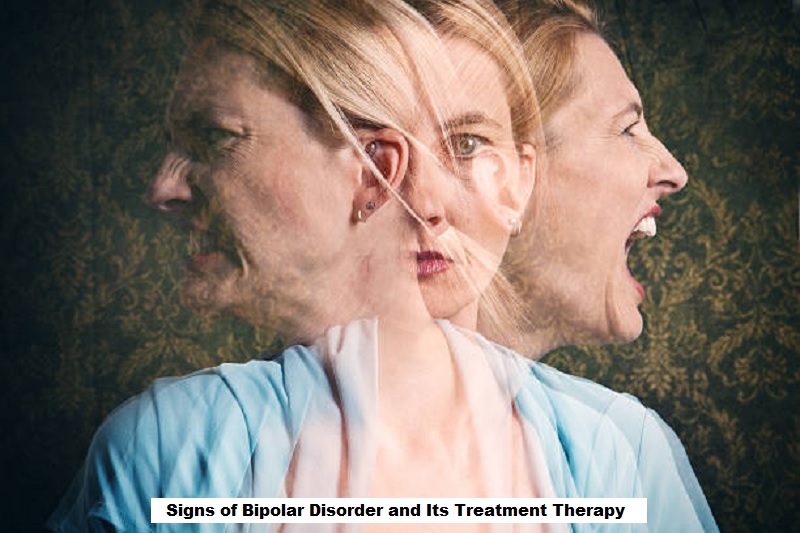Generally, signs of bipolar disorder often attack someone who is an adult. The phase of this disorder is divided into two things, namely the mania and depression phases. In this case, the symptoms that appear make the sufferer think about ending his life at least once.

Getting to Know the Signs of Bipolar Disorder and How to Treat It
Bipolar disorder often causes a person to experience extreme mood swings. Sometimes a person experiences changes in feelings ranging from excited, sad, to depressed.
Reporting from the Mass General Brigham Youtube channel, early bipolar disorder is characterized by mood disorders with mood swings up and down. In this case, the sufferer experiences a period of increased energy, anxiety, difficulty focusing, irritability, excessive happiness, talking and thinking quickly, so that they tend to take risks without consideration.
Feeling Too Happy for a Long Time
People with bipolar disorder can feel a level of euphoria that is proportional or unrealistic. The sufferer may feel very happy and have excess energy so that they are not affected by the negative consequences of their behavior. However, it is important to know that this disorder can cause sufferers to make impulsive, risky decisions.
Experiencing Decreased Need for Sleep
Signs of bipolar disorder often cause sufferers to experience insomnia. They tend to need little sleep during this period.
Sufferers may feel fresh and energetic despite a lack of sleep. They can do activities continuously, without feeling tired or sleepy.
Talking Fast with Racing Thoughts
In this phase, sufferers tend to talk very quickly. Sometimes they find it difficult to follow the flow of the conversation.
Bipolar sufferers may talk by jumping from one topic to another, without any logical connection. In addition, they usually also speak at an increased volume.
Very Restless or Impulsive
Bipolar sufferers can feel very restless and have difficulty staying still. They become impulsive in their actions, without thinking about the possible consequences. This can include excessive spending, unsafe sexual decisions, and other risky actions.
Easily Distracted
Sufferers tend to be easily distracted by external stimuli. In this case, they may experience divided attention or difficulty concentrating on one task.
Psychotherapy for Bipolar Sufferers
Signs of bipolar disorder must be addressed immediately so that the problem does not get worse. In this regard, psychotherapy is an important part of bipolar treatment.
Interpersonal and Social Rhythm Therapy (IPSRT)
This psychotherapy focuses on stabilizing daily rhythms. For example, sleeping, waking, and eating. Consistent routines allow for better mood management.
Cognitive Behavioral Therapy (CBT)
This psychotherapy focuses on replacing unhealthy beliefs with positive views. This therapy can help identify aspects that trigger bipolar.
Psychoeducation
A professional therapist will help the patient learn about bipolar disorder. Knowing what is happening can provide the best support. In this case, the therapist will make a plan to prevent relapse while continuing treatment.
Family Education
Finally, family support and communication greatly help bipolar sufferers to recover. This step also helps families recognize the signs of bipolar and deal with them in the best way.
Signs of bipolar disorder often attack adults. In this case, the patient experiences unpredictable mood swings, to the point of taking action without thinking about the risks. /Siti



